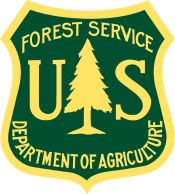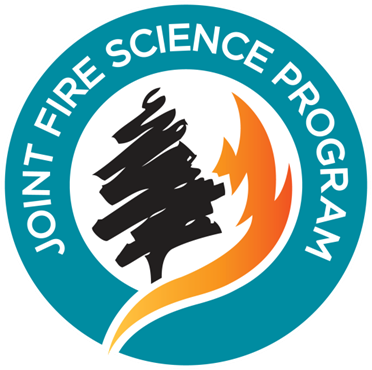Improving forest sampling strategies for assessment of fuel reduction burning
| Title | Improving forest sampling strategies for assessment of fuel reduction burning |
| Publication Type | Journal Article |
| Year of Publication | 2017 |
| Authors | Gharun, M |
| Secondary Authors | Possell, M |
| Tertiary Authors | Jenkins, ME |
| Subsidiary Authors | Poon, LF, Bell, TL, Adams, MA |
| Journal | Forest Ecology and Management |
| Volume | 392 |
| Start Page | 78 |
| Keywords | Spatial analysis; fuels and fuel treatments; Soil carbon; Soil nitrogen; Biomass; Stratified sampling; Bushfires; prescribed burning; Landsat 8, technical reports and journal articles |
| Abstract | Land managers typically make post hoc assessments of the effectiveness of fuel reduction burning (FRB), but often lack a rigorous sampling framework. A general, but untested, assumption is that variability in soil and fuel properties increases from small (∼1 m) to large spatial scales (∼10–100 km). Based on a recently published field-based sampling scheme, we addressed the following questions: (i) How much variability is captured in measurements collected at different spatial scales? (ii) What is the optimal number of sampling plots required for statistically robust characterisation of burnt areas? (iii) How can land managers improve their assessment of the effectiveness of FRB? We found that measurement variability does not increase with scale for all fuel components. Results showed that coarse woody debris is as variable at the small scale (plot, m) as it is at the landscape scale (km). For certain fuel components, such as litter biomass (in unburnt areas), overstorey biomass and leaf area, and soil properties such as total carbon and total nitrogen, samples taken at the small (plot) scale were indicative of variation at the larger scale of an individual FRB and more broadly across the landscape. We then tested the hypothesis that site stratification can reduce variability between sampling plots and as a consequence will reduce the required number of sampling plots. To test this hypothesis we used Landsat Normalized Difference Vegetation Index (NDVI) across areas treated with FRB and compared the number of sampling plots required to estimate mean fuel biomass with and without stratification. Stratification of burnt areas using remotely sensed vegetation indices reduced the number of sampling plots required. We provide a model of green biomass from Landsat NDVI and make recommendations on how sampling schemes can be improved for assessment of fuel reduction burning. |
| DOI | 10.1016/j.foreco.2017.03.001 |




